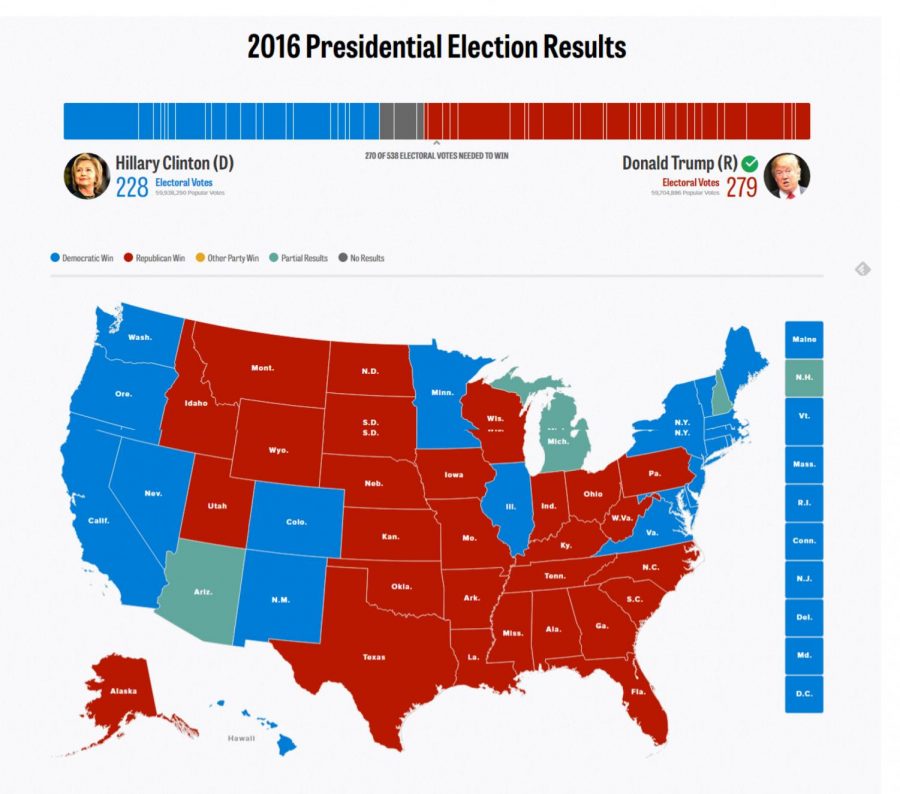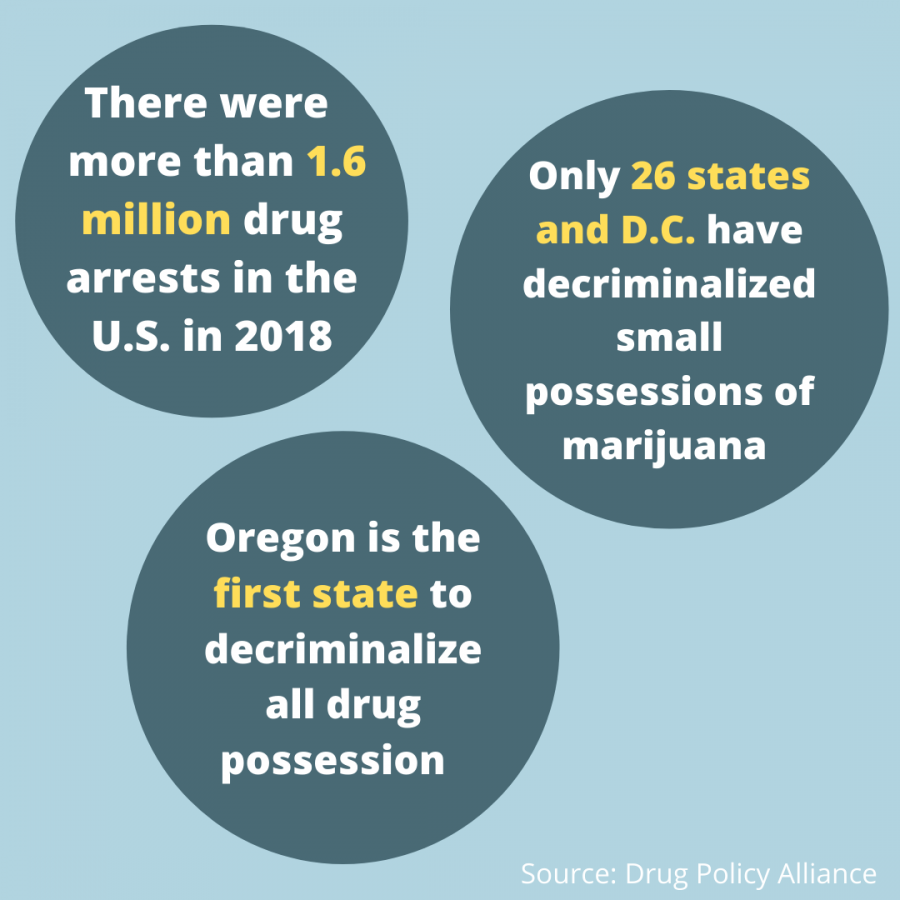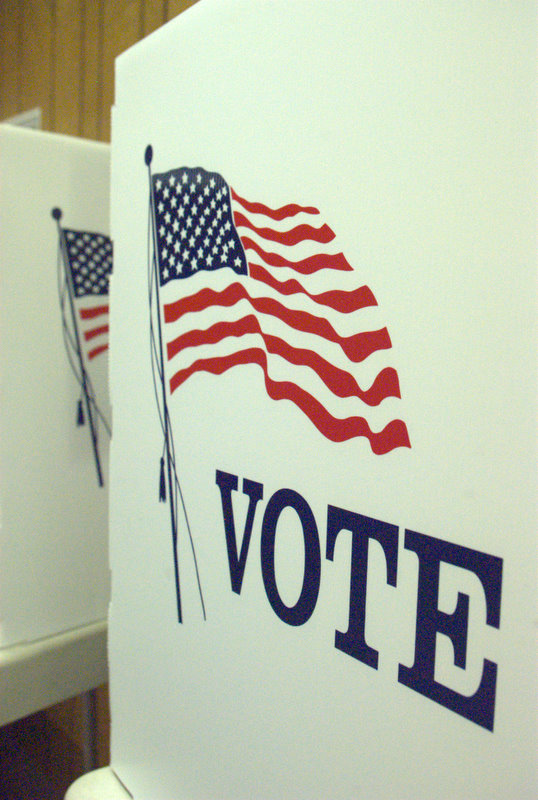There are few things we Americans are more proud of than our freedom. However, when someone commits a crime that threatens the rest of society, that freedom is swiftly revoked, and with good reason. The necessary punishment of imprisonment deters future crime and protects innocent citizens. The problem is that Americans are imprisoned far more frequently than people in any other country.
The land of the free is home to the largest prison population on Earth, with over 2.4 million people currently behind bars, according to The Washington Post.
So why are 1 in 100 American adults in prison? Because one industry is making a lot of money to keep them there.
Private prisons began in the U.S. during the 1980s. After Ronald Reagan declared the War on Drugs, incarceration rates skyrocketed and prisons became overcrowded. The lack of sufficient budget funds forced the government to turn to the private sector for help.
In 1984, Corrections Corporation of America (CCA) officially became the first American private prison after being awarded a contract from the U.S. Department of Justice. Today, CCA is the largest for-profit prison company, boasting annual revenue of $1.7 billion in 2013.
Since CCA was created, 130 other companies have also entered the industry, causing the number of inmates in private prisons to increase seventeen-fold, according to The New Yorker.
The exponential growth of private prisons is largely due to monetary incentives within their government contracts. State governments set a minimum occupancy rate and offer bonuses for additional inmates. It’s in the companies’ best financial interests for more people to go to jail, and that’s exactly what is happening.
Having no direct influence on the criminal justice system, the private prison industry has used lobbying to affect policy. The two largest for-profit prison companies in the United States – GEO and Corrections Corporation of America – have funneled more than $10 million to candidates and have spent nearly $25 million on lobbying efforts since 1989. On more than one occasion, this practice has resulted in corruption.
The most notable incident unfolded in 2008 with the Pennsylvania “Kids for Cash” scandal. Two judges were convicted of accepting bribes from a for-profit juvenile detention center. According to The New York Post, the judges received $2.6 million in kickbacks in exchange for awarding the detention center a contract that imposed abnormally long sentences on convicted youths, maintaining occupancy of the facility.
Florida politicians have also profited from private prison lobbyists, although they have yet to be caught doing anything illegal. Among those who have accepted campaign contributions are two current presidential candidates, Jeb Bush and Marco Rubio.
Florida Senator Marco Rubio has accepted over $40,000 in donations from private prison company GEO, making him the Senate’s top recipient of funds from that company. Shortly after Rubio hired an economic consultant who was previously a trustee for a GEO real estate trust, GEO was awarded a state contract for a $110 million prison.
Jeb Bush has argued for corrections privatization for years. In the early 1990s, Bush stated that prison privatization would allow for stricter criminal sentencing, while reducing costs to taxpayers.
However, most of his promises never came to fruition. During his tenure as governor, Bush repeatedly increased corrections spending. When he left office in 2007, the state of Florida was spending over $979 million imprisoning non-violent drug and property criminals, who alone made up more than half of the state’s prison population.
Other states experienced similar failures and the Arizona Department of Justice reported that private prisons’ ability to cut costs is not supported by data.
Recently, Bush has experienced a convenient change of heart that happens to align with the shift in public sentiment. In his presidential campaign, he is now advocating for more lenient, non-violent criminal sentencing and an increased focus on rehabilitation, ideas which are being widely embraced by American democrats and republicans alike.
Bush isn’t the only one changing his tune. Private prison companies are also capitalizing on this shift in opinion. As more people argue that rehabilitation is a better means of crime deterrence than incarceration, Americans have become more critical of harsh sentencing.
This has opened the door for the “Alternatives-to-Incarceration” industry. Disguised as a benevolent cause to help offenders avoid imprisonment, this industry is actually a form of state-sponsored extortion. Minor offenders are put on probation and forced to pay “supervision fees” to private companies for the duration of their sentence. If the offenders are unable to pay the fees, they are left with two options: seek money from friends and family, or go to jail.
Even if private prisons were successful in cutting costs, no amount of money is worth compromising the freedom of human beings. Such a system is eerily reminiscent of a younger America that wasn’t quite as adamant about freedom for all its citizens.








Kurt • Mar 25, 2022 at 3:19 pm
Was looking for some takes regarding this topic and I found your article quite informative. It has given me a fresh perspective on the topic tackled. Thanks!